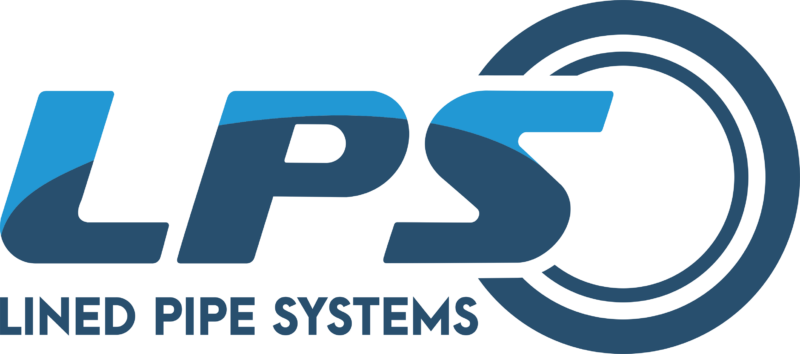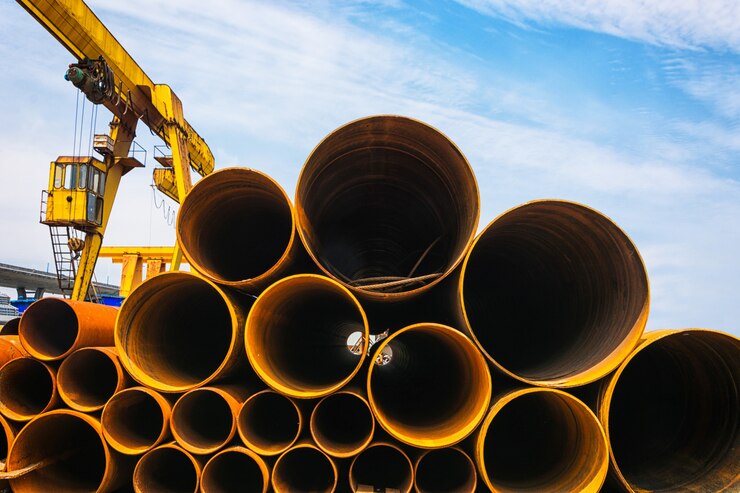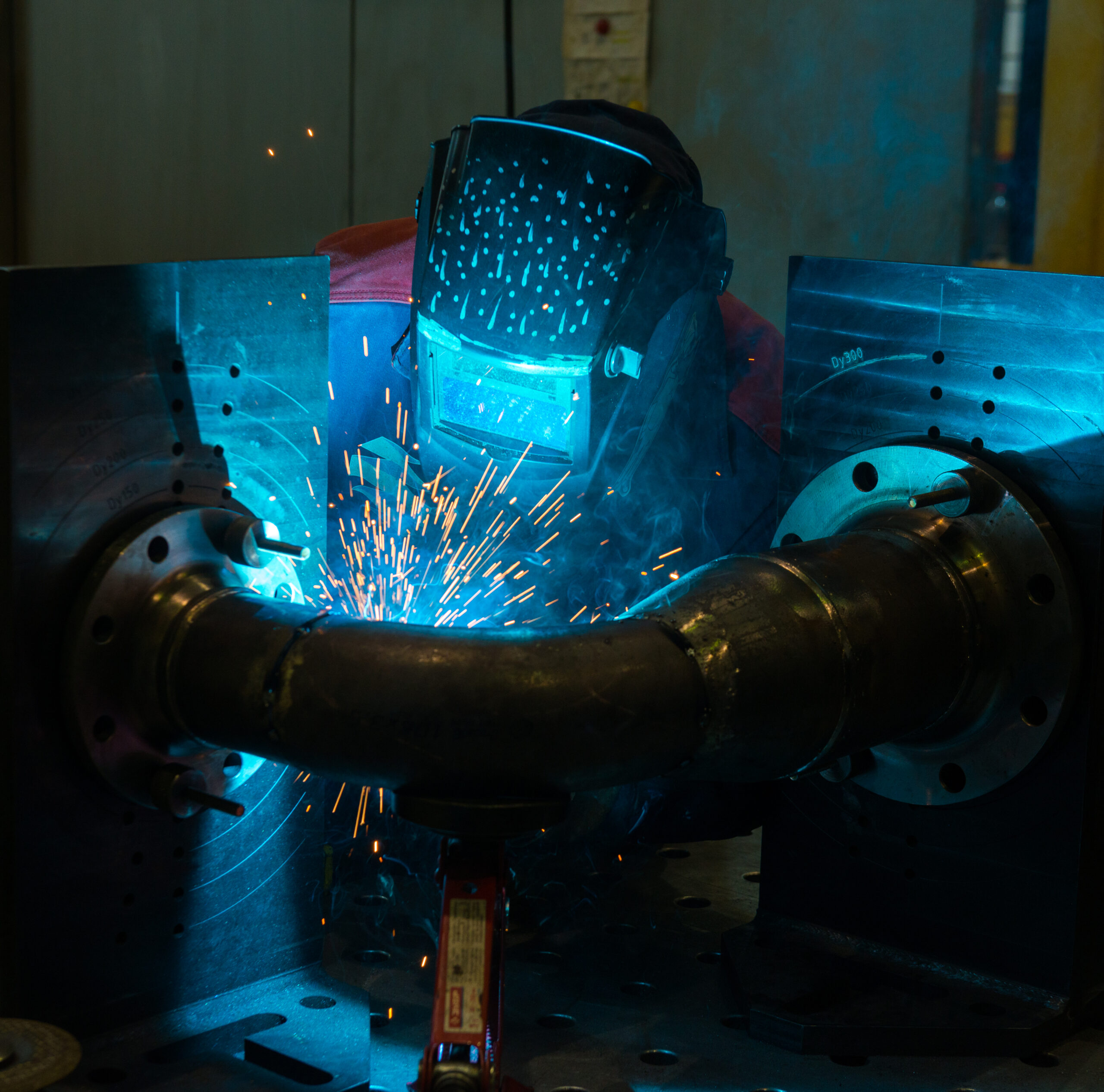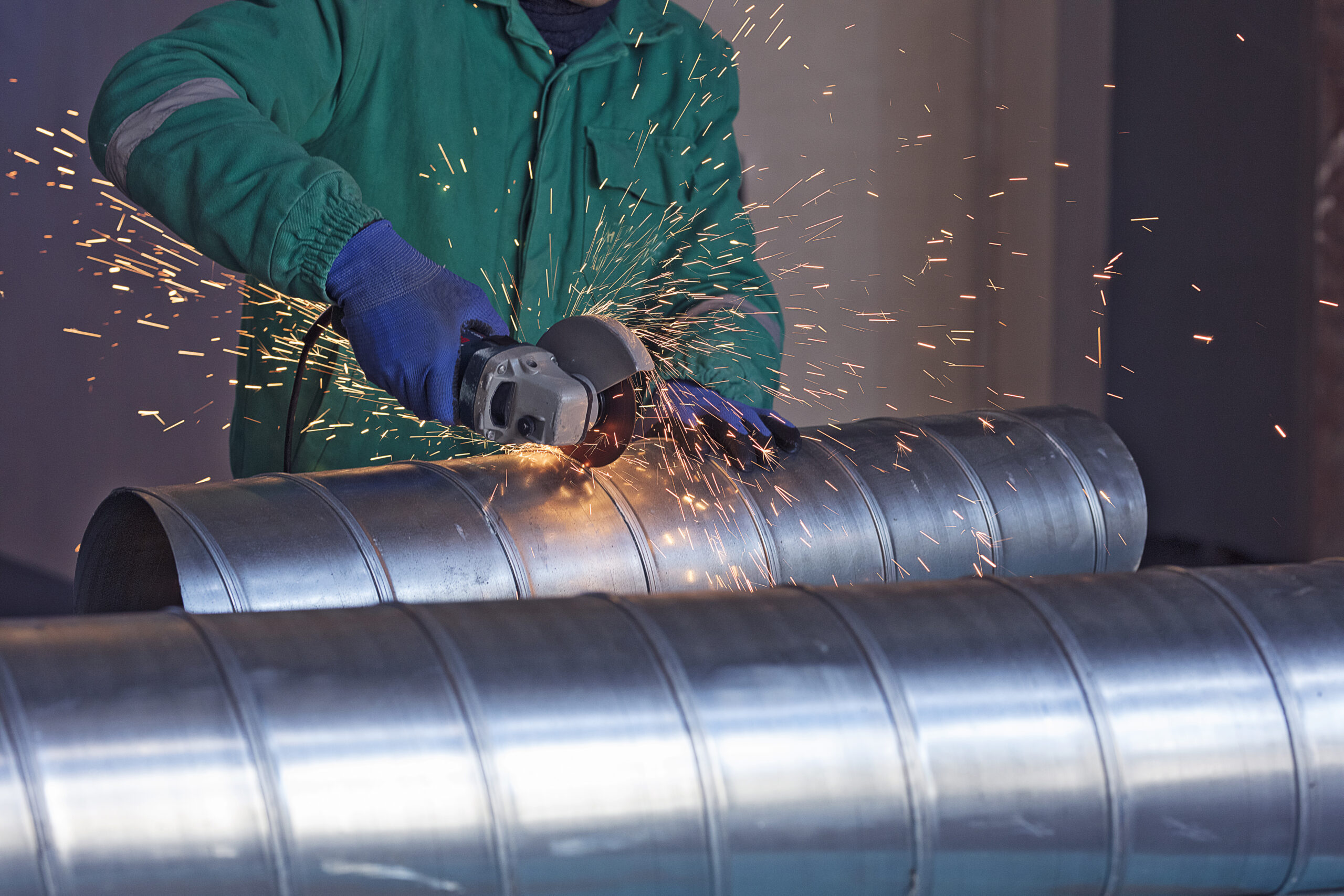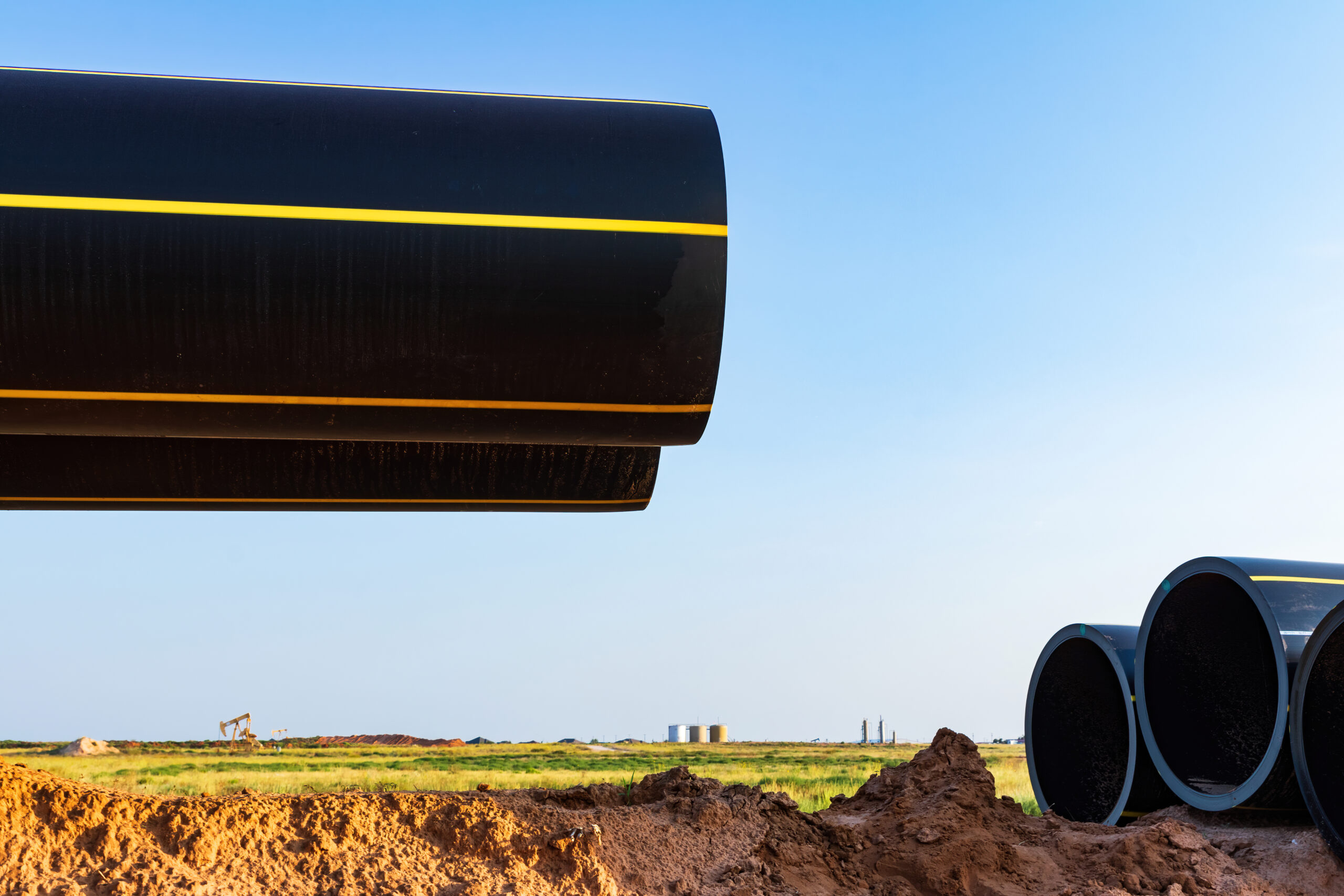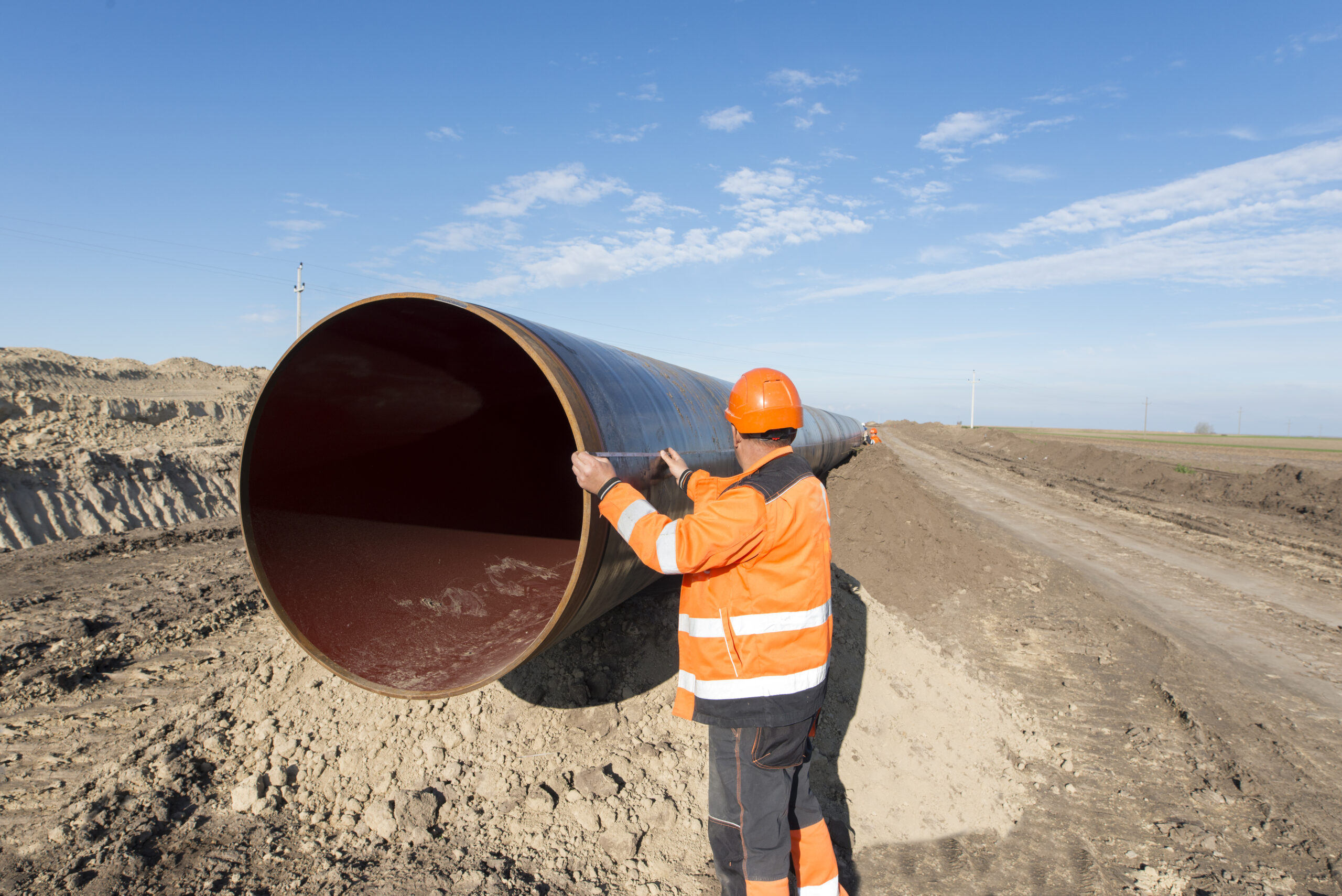Have you ever stopped to think about how oil gets from Alaska to your car, or how clean water reaches your faucet? The answer lies in a hidden hero: line pipes. These unsung champions silently transport essential fluids – oil, gas, water – across vast distances, forming the backbone of our modern world. Understanding line pipes goes beyond just technical specifications; it’s about appreciating the vital role they play in our daily lives.
Seamless vs. Welded – Two Main Types of Line Pipes
Imagine a pipeline stretching for miles, carrying oil under immense pressure. The type of line pipe used is crucial. Here’s where the two main categories come in:
- Seamless Line Pipes: Picture a smooth, uninterrupted straw. That’s the idea behind seamless pipes. Crafted without welds, they offer superior strength, uniformity, and excellent resistance to corrosion. Think of them as the workhorses for high-pressure applications like oil and gas pipelines.
- Welded Line Pipes: Imagine sections of sturdy pipe cleverly joined together. Welded pipes are exactly that. Advancements in welding technology have made them incredibly strong and reliable. Their cost-effectiveness and wide range of sizes make them popular across various industries.
Additionally, we suggest reading out. “Understanding Internal Corrosion in Pipelines – A Guide to Protecting Your Infrastructure with LPS Technology”
Building Blocks Behind Line Pipe Strength
The strength and longevity of a line pipe depend on the material used in its construction. Here are the main players:
- Carbon Steel: The go-to choice for its impressive strength and affordability. Carbon steel pipes excel in high-pressure and temperature environments, making them indispensable in the oil and gas sector.
- Stainless Steel: Imagine a pipe that shrugs off rust and corrosion with ease. That’s stainless steel for you. While the initial cost might be higher, its extended lifespan and minimal maintenance needs make it a wise investment, especially for transporting corrosive fluids.
- Alloy Steel: For those extreme conditions where pressure, temperature, and nasty chemicals come together, alloy steel steps up. By incorporating elements like chromium and nickel, these pipes boast exceptional mechanical properties and resistance, perfect for demanding applications in petrochemicals, power generation, and refining.
Also read, “Sustainable Solutions for Minimizing Environmental Impact in Pipeline Structure”
Key Considerations for Line Pipe Selection
Picking the right line pipe isn’t a one-size-fits-all situation. Here are some crucial factors to consider:
- Operating Conditions: Imagine a scorching desert pipeline compared to one buried under the Arctic tundra. The operating pressure, temperature, fluid type, and surrounding environment all play a role. Understanding these conditions helps determine the ideal material, design, and specifications for a reliable pipeline system.
- Standards Compliance: Safety first! Line pipes must comply with industry regulations set by organizations like the American Petroleum Institute (API). These standards ensure quality, safety, and integrity throughout the pipeline’s lifespan.
Benefits of Top-Notch Line Pipes
Sure, efficient line pipe systems keep fluids flowing smoothly, but the benefits extend far beyond that:
- Enhanced Productivity: Efficient pipelines minimize downtime and disruptions, allowing businesses to operate at peak performance. Thus, this translates to increased output, profitability, and a competitive edge in the market.
- Cost Savings: Investing in high-quality line pipes might seem expensive upfront, but the long-term savings are significant. Moreover, reduced maintenance costs, fewer leaks or failures, and improved operational reliability contribute to substantial financial gains over the pipeline’s lifespan.
- Environmental Sustainability: Leaks and spills can wreak havoc on the environment. Well-designed and maintained line pipe systems minimize these risks, promoting environmental sustainability. This not only benefits the planet but also enhances a company’s reputation for responsible practices.
Furthermore, check out, “6 Technologies That Are Transforming Pipelines”
Line Pipe Systems (LPS): Your Partner for Innovative Pipeline Solutions
Line Pipe Systems (LPS) is a renowned leader in the pipeline industry, recognized for its cutting-edge solutions and unwavering commitment to excellence. Furthermore, their core focus lies in exceeding customer expectations by delivering customized pipeline systems tailored to address the specific needs of each project.
Groundbreaking Technologies from LPS
LPS boasts a range of groundbreaking technologies designed to revolutionize the pipeline industry. Let’s delve into some of their most remarkable solutions:
- FlexSleeve® for Thin Linings: A game-changer for applications with limited space or weight restrictions. Moreover, FlexSleeve® offers exceptional flexibility and strength, ensuring a smooth installation process and long-lasting performance even in harsh environments.
- CCB® Sleeve for Thin Linings: This revolutionary solution combines exceptional strength with remarkable versatility, allowing it to adapt to diverse pipeline configurations and operating conditions. Engineered to withstand extreme pressures and temperatures, CCB® Sleeves maintain superior performance and integrity over extended periods.
- SealSleeve™ Technology: For applications requiring unparalleled protection against corrosion and abrasion, LPS offers SealSleeve™ solutions for both rubber/polyurethane (PU) linings and thermoplastics. SealSleeve™ guarantees optimal performance and longevity, minimizing maintenance downtime.
Tailored Solutions for Every Project
Beyond their proprietary technologies, LPS provides a comprehensive selection of high-quality lining materials meticulously chosen to meet the stringent demands of various industries. Furthermore, from advanced polymers to corrosion-resistant alloys, LPS offers the perfect solution to ensure the longevity and reliability of your pipeline system.
Why Choose LPS?
By partnering with LPS, you gain access to their innovative technologies and unmatched expertise. Their solutions deliver unmatched performance, exceptional durability, and superior cost-effectiveness. Thus, with FlexSleeve®, CCB® Sleeve, SealSleeve™, and a comprehensive range of lining materials, LPS sets the benchmark for excellence in the pipeline industry, guaranteeing optimal efficiency and longevity for every project.
The Final Word
Line pipes are the silent workhorses that keep our world moving. From delivering clean water to fueling our transportation, their role is undeniable. Therefore, by understanding the different types of line pipes, the materials used, and the factors influencing selection, we can appreciate the complexity and significance of these often-overlooked heroes. After all, a well-functioning pipeline system is a testament to human ingenuity and a cornerstone of sustainable progress.
